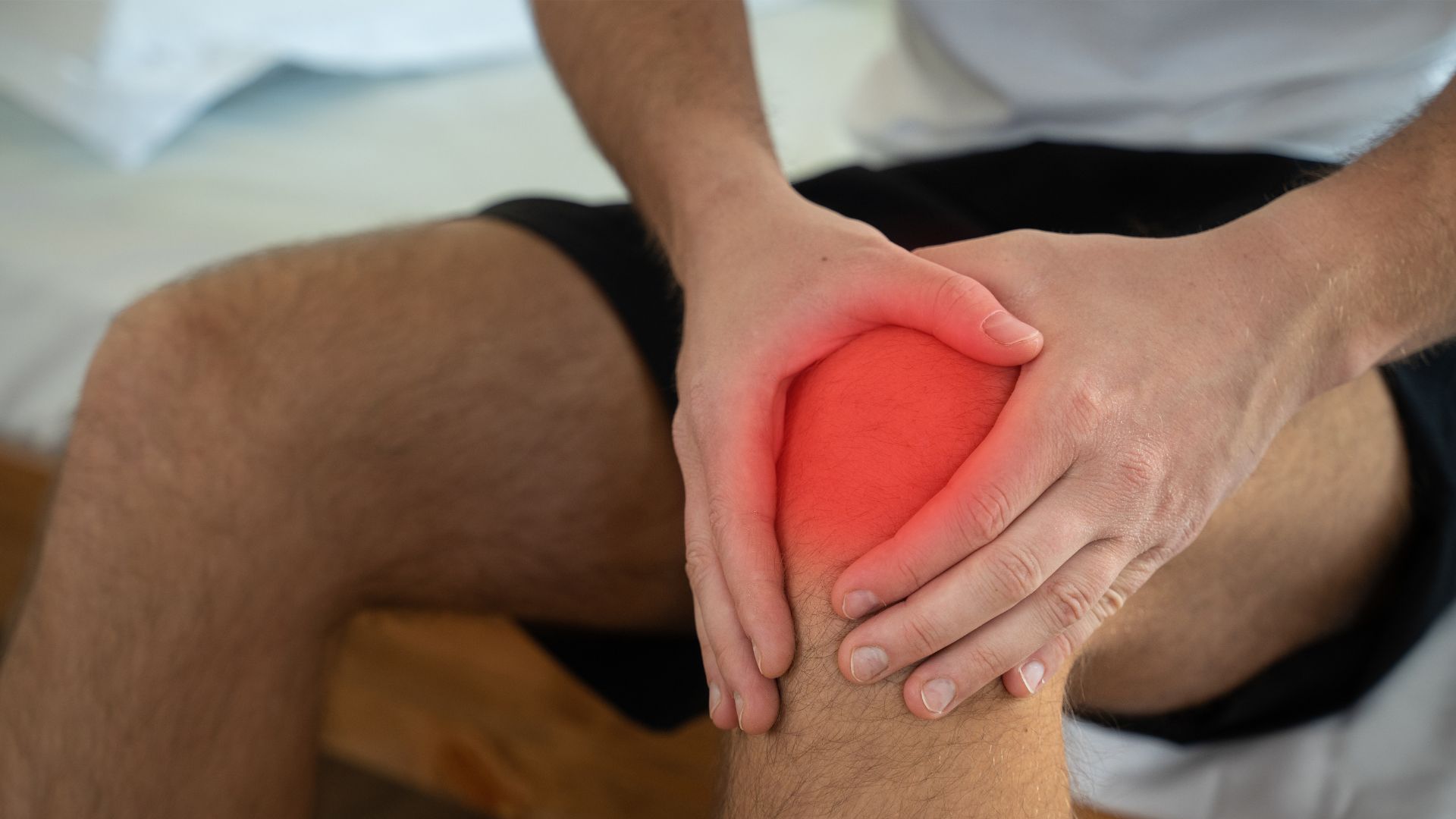
Living with Chronic Knee Pain
Knee pain is a pervasive ailment that affects millions of people worldwide, but for those grappling with chronic knee pain, this condition becomes more than just a discomfort—it becomes a daily challenge that impacts every facet of their lives. Chronic knee pain is more than an inconvenience; it’s a relentless companion that can have physical, emotional, and psychological repercussions. In this comprehensive blog post, we will delve into the intricate world of chronic knee pain, unraveling its origins, manifestations, diagnostic methods, and an array of treatment options to provide insight, understanding, and hope for those living with this often-debilitating condition.
Understanding Chronic Knee Pain
Chronic knee pain refers to persistent discomfort or pain in the knee joint that lingers for an extended duration, typically exceeding three months. Unlike acute knee pain, which often results from a specific injury like a ligament tear or a meniscus tear and typically heals within a few weeks, chronic knee pain can result from various underlying causes, rendering it a multifaceted and challenging condition to address.
Common Causes of Chronic Knee Pain
- Osteoarthritis: Osteoarthritis, a degenerative joint disease, is a leading cause of chronic knee pain, particularly in older adults. It involves the gradual breakdown of joint cartilage, resulting in pain, swelling, and stiffness.
- Rheumatoid Arthritis: Rheumatoid arthritis, an autoimmune disease, can affect the knee joint, causing chronic inflammation, pain, and joint damage.
- Tendonitis: Tendonitis, or inflammation of the tendons around the knee, often develops due to overuse or repetitive strain, leading to persistent pain.
- Meniscus Tears: A torn meniscus, a common sports injury, can cause chronic knee pain, especially if the tear is not adequately treated or repaired.
- Ligament Injuries: Injuries to the ligaments, such as the anterior cruciate ligament (ACL) or medial collateral ligament (MCL), can result in chronic instability and pain.
Symptoms of Chronic Knee Pain
The symptoms of chronic knee pain can vary based on the underlying cause but frequently include:
- Persistent pain or discomfort in the knee joint
- Swelling and inflammation
- Stiffness and reduced range of motion
- Instability or a feeling of “giving way”
- Audible clicking or popping sounds
- Difficulty bearing weight on the affected knee
Diagnosing Chronic Knee Pain
Accurate diagnosis is pivotal for effective management of chronic knee pain. Diagnosis typically comprises the following steps:
- Medical History: Your healthcare provider will inquire about your symptoms, previous knee injuries, and your medical history.
- Physical Examination: A physical examination may include assessing your knee’s range of motion, stability, and areas of tenderness.
- Imaging: X-rays, CT scans, or MRI scans may be ordered to visualize the knee joint and identify any structural abnormalities, such as arthritis or ligament damage.
- Arthroscopy: In some cases, arthroscopy, a minimally invasive procedure, may be performed to directly visualize the knee joint and assess its condition.
Treatment Options for Chronic Knee Pain
The approach to treating chronic knee pain hinges on its underlying cause, severity, and the patient’s unique needs. Here are some common treatment options:
- Medications: Over-the-counter pain relievers, such as NSAIDs, or prescription medications may be recommended to manage pain and reduce inflammation.
- Physical Therapy: Physical therapy aims to improve knee strength, flexibility, and stability. Therapists can also teach techniques for pain management, gait correction, and mobility enhancement.
- Injections: Corticosteroid injections into the knee joint can provide short-term relief from pain and inflammation, while hyaluronic acid injections may improve joint lubrication.
- Orthotics: Custom-made or over-the-counter orthotic devices can provide support, improve alignment, and alleviate chronic knee pain.
- Bracing and Splinting: Wearing a brace or splint can provide stability and prevent recurrent injuries, especially in cases of chronic instability.
- Surgery: Surgical intervention may be necessary for severe cases or when conservative treatments are ineffective. Procedures range from arthroscopic surgery for meniscus tears to joint replacement for advanced arthritis.
- Regenerative Medicine: Emerging therapies such as platelet-rich plasma (PRP) injections and stem cell treatments aim to stimulate tissue healing and repair in the knee joint.
Lifestyle Modifications for Managing Chronic Knee Pain
In addition to medical treatments, making lifestyle modifications can play a pivotal role in managing chronic knee pain:
- Weight Management: Maintaining a healthy weight is vital, as excess weight places added stress on the knee joints.
- Exercise: Engaging in low-impact exercises like swimming, cycling, or water aerobics can help maintain joint flexibility and strengthen the muscles supporting the knee.
- Balanced Diet: A diet rich in anti-inflammatory foods like fruits, vegetables, and omega-3 fatty acids can help manage inflammation and pain.
- Footwear: Choosing supportive, well-fitted shoes with cushioning can reduce stress on the knee joint.
- Physical Activity Modification: Avoid high-impact activities that worsen knee pain, and opt for exercises that are gentle on the joints.
Conclusion
Chronic knee pain is a complex and debilitating condition that can significantly impact daily life. However, with an accurate diagnosis and a personalized treatment plan that may encompass physical therapy, medications, lifestyle modifications, or even surgery in severe cases, individuals can regain control over their lives and find relief from persistent discomfort. Remember that effective management of chronic knee pain often involves a multidisciplinary approach, and it’s essential to collaborate closely with healthcare professionals to determine the best course of action for your specific condition. By addressing chronic knee pain holistically, you can take the first steps toward a more pain-free and fulfilling life.